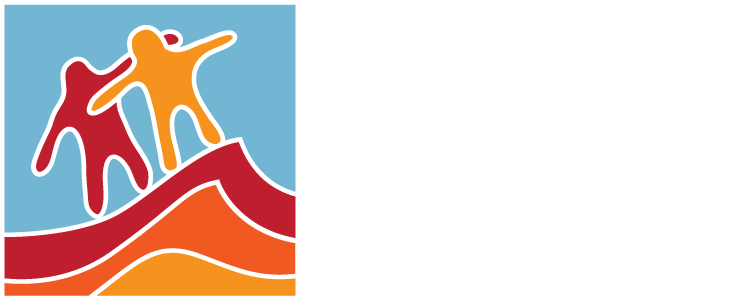The MHACA AGM was held on November 30 and attendees heard about the work of MHACA over the last year.
The following members were appointed to the Board:
Chairperson – Peter Riley
Treasurer – Lavenia Saville
General Member – Mary Menotti
General Member – Ali Thorn
General Member – Susan Brooks
General Member – Duncan Leggoe
General Member – Marcus Tabart
General Member – Greg Bull
General Member – Stephanie Van Son
Annual Report
“It gives me great pleasure to present MHACA’s 2021 Annual report. The report highlights the many achievements of the organisation throughout 2020/21. We continue our work to lead and support a range of mental health initiatives in the region.
Our primary goal is supporting local communities with comprehensive and quality services and facilities that enhance peoples’ quality of life and enable them to manage and potentially resolve any mental health issues that may impact their lives.”
Peter Riley, MHACA Chair
Download and read the Annual Report


